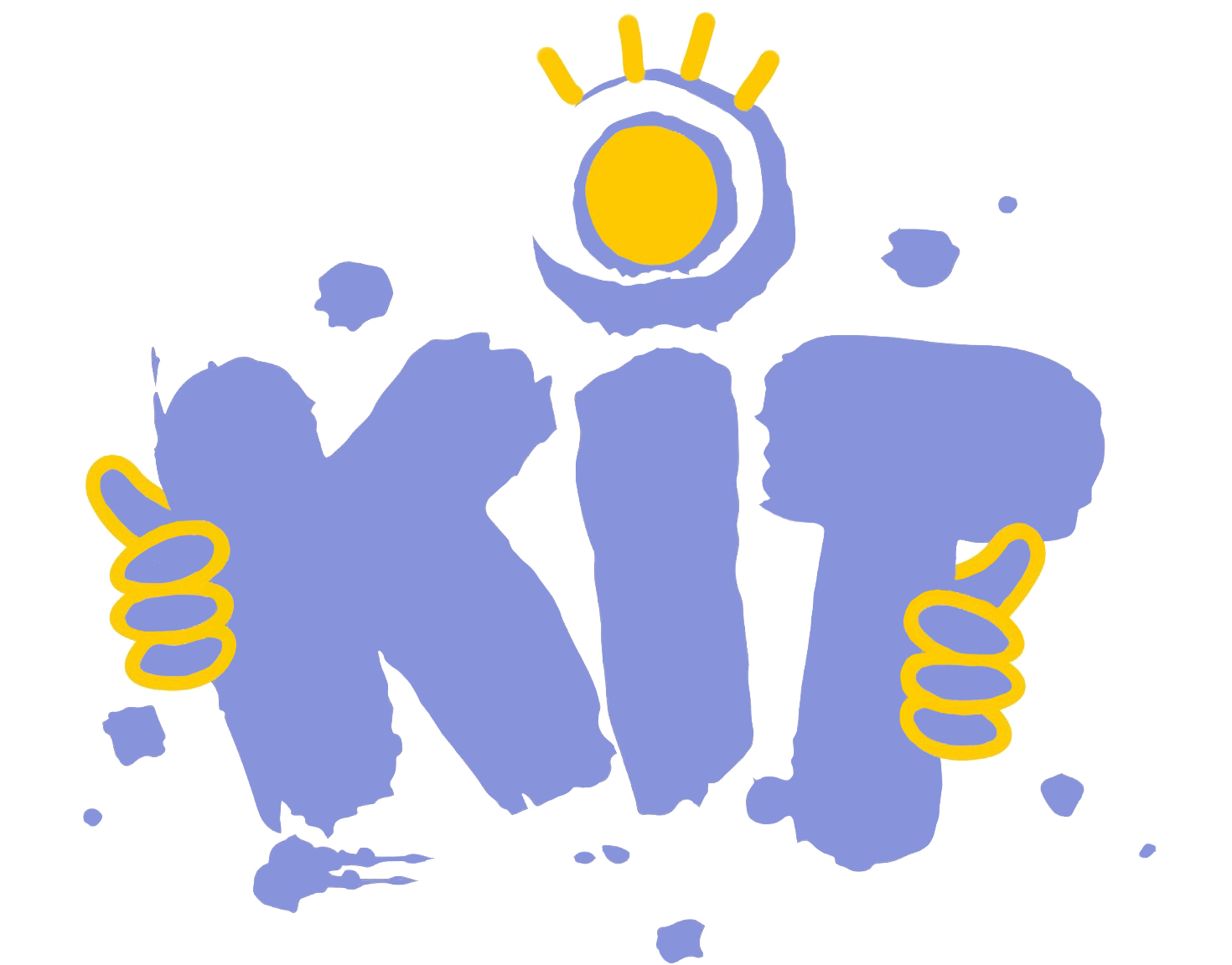Agrupamento de Escolas de Santo António’s website
The Agrupamento de Escolas de Santo António (St. Anthony Schools Group), is a school grouping that brings together a total of eight educational establishments, with levels ranging from pre-school education, first, second and third cycles of primary education to secondary education and alternative courses, education and training courses, professional courses and adult education. The school is part of the TEIP 2 Program, the Programme for Priority Intervention Educational Areas, with the main purpose of promoting educational inclusion in schools located in disadvantaged areas which included children ‘at risk of social exclusion’, with the aims of reducing the Early School Leaving (ESL) and promoting educational success. The school promotes the development of an inclusive education and has as its main objective the quality of educational processes, in order to promote the development of cognitive, social, affective, aesthetic and moral abilities of all students.
Multiculturalism is one of the characteristics of the school population, with about 400 students have at least one parent of foreign nationality and an important number of Roma students. The large and growing number of students supported by The School Social Action is a relevant indicator of the socio-economic level of the school population and indicates the cases of extreme poverty that are being detected. The number of students enrolled in the Commission for the Protection of Children and Young People at Risk is also very high and growing, providing another important indicator of the socio-economic and cultural context of families and their difficulties.
The St. Anthony School Group has received the Intercultural School Seal for three consecutive years and, in this academic year, has the advanced level seal. This label was created by the General Directorate for Education and the current High Commissioner for Migration.
Differentiating schools that stand out in their projects and practices that promote the recognition and appreciation of diversity as an opportunity and source of learning for all.
In the context of the Early Childhood Education education, the Jardim de Infância (Kindergarten) evidences the rand knowledge of development and learning as inseparable aspects; the recognition of the child as a subject of the educational process; the articulated construction of knowledge; the requirement of response to all children.
These assumptions lead us to the application of a flexible curriculum model open to the participation of children, using differentiated and comprehensive methodologies, in which each child can benefit from processes developed with the group and have the the possibility of addressing various content in a globalising and integrated way.
